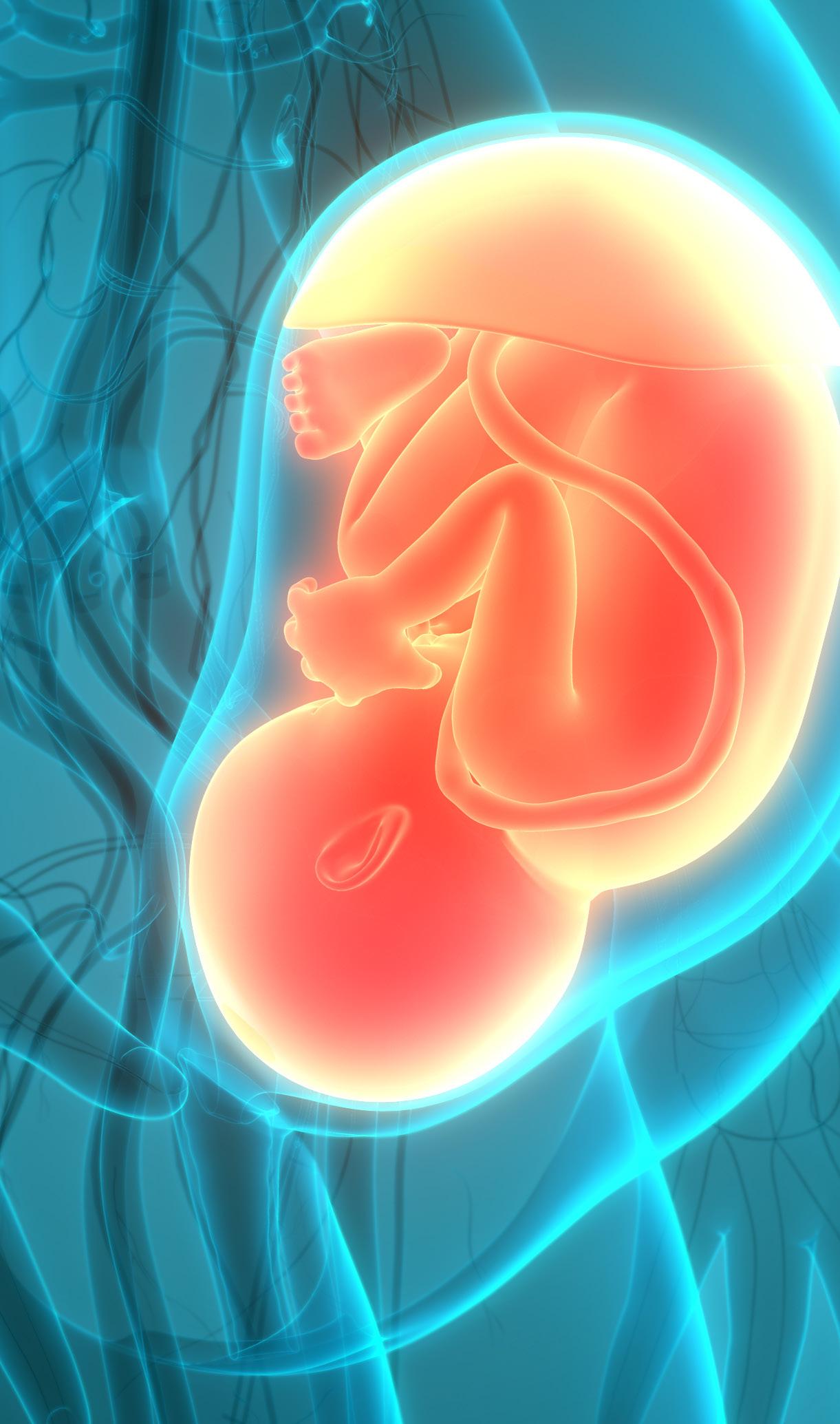
1 minute read
TBI DURING PREGNANCY MAY EFFECT FETUS
by TBI Times
Results from a new research study at the University of Arizona College of Medicine – Phoenix, in collaboration with Barrow Neurological Institute at Phoenix Children’s Hospital, provide evidence that when a pregnant woman suffers a traumatic brain injury (TBI), her unborn baby is also harmed. Pregnant women have risk for TBI from falls and motor vehicle collisions, as well as intimate partner violence (IPV).
The study led by Jonathan Lifshitz, PhD, professor of Child Health at the UArizona College of Medicine – Phoenix, found multiple lines of evidence to support that a mother’s TBI interrupts the unborn baby’s brain development, similar to the adverse effects of alcohol, drugs, Zika and German Measles during pregnancy. Gravida TBI (gravida is the medical term for pregnancy) changes the brain development of the baby and later the offspring show evidence of depression, anxiety and an altered immune response. Among the study’s findings, male offspring showed more outcome measures were affected post-partum.
Advertisement
“We’re really concerned that the effects of brain injury in a pregnant individual can travel through the blood stream and disrupt the development of the unborn child. This study shows that gravida TBI in mothers can have transgenerational effects on children, where more research can determine how the trimester of pregnancy, genetics and environmental conditions affect risk,” said Dr. Lifshitz.
For women, TBI and IPV are closely related and typically cause a domino health impact for them, and now for their unborn children. Sixty to 90 percent of women who suffer IPV assaults also sustain a TBI. When intimate partner violence becomes physical, the attack is usually directed to the head, neck and face, which causes a TBI or concussion. Women experience IPV and TBIs regardless of age, sex, socioeconomic background or culture, and the root cause of these injuries go unreported to health care providers. In addition, IPV is the leading cause of death in women of childbearing age and when women are pregnant, it significantly increases the risk and severity of IPV. A retrospective study at the Barrow Neurological Institute and the 2010 Summary Report of the National Intimate Partner and Sexual Violence Survey (NISVS) indicates that one in three females will experience IPV in some form during their lifetime, but only 21 percent of victims will seek medical treatment for physical assault.
The research study also suggests these children should be closely followed by their health care providers due to potential neurodevelopmental issues.






